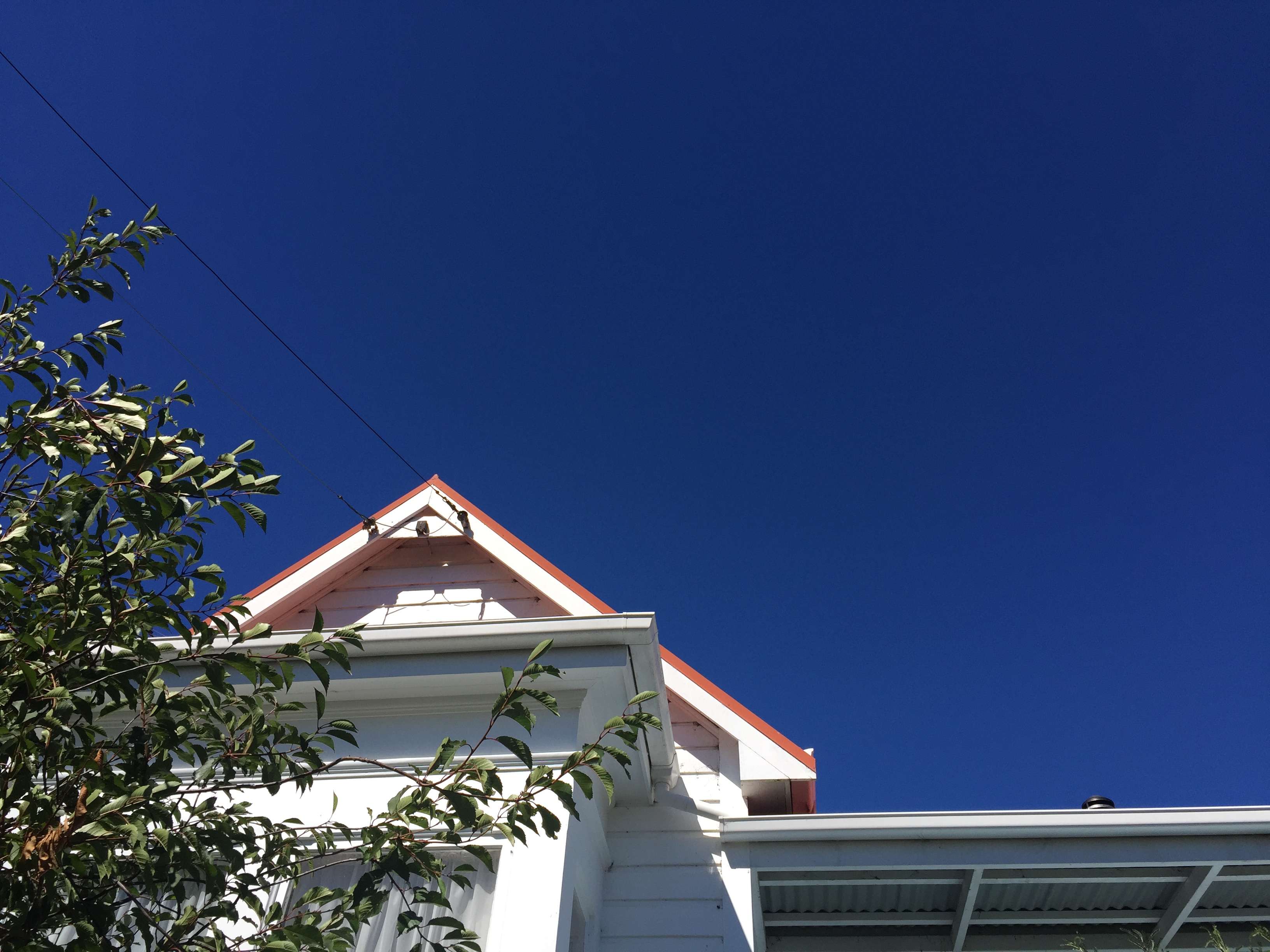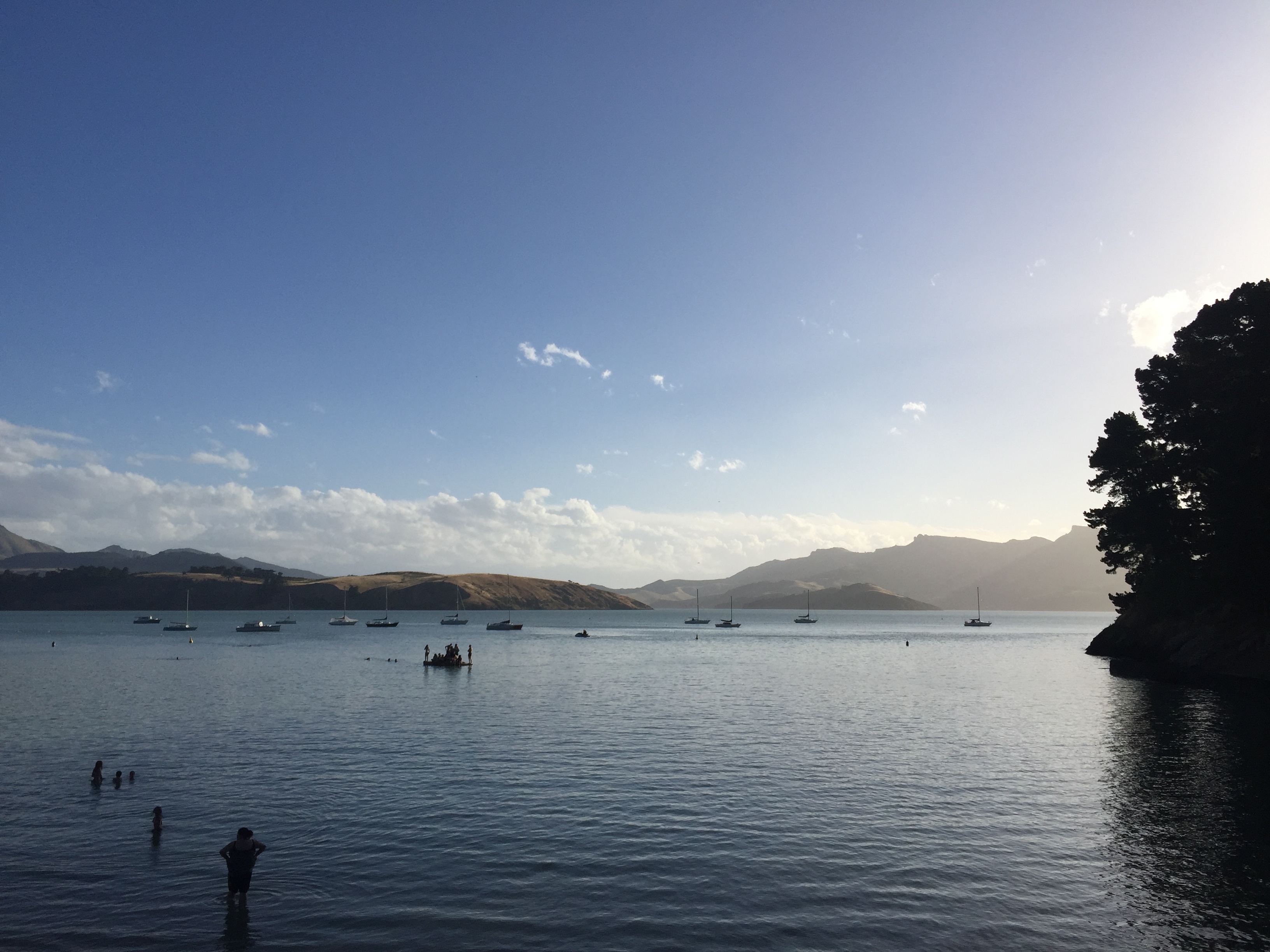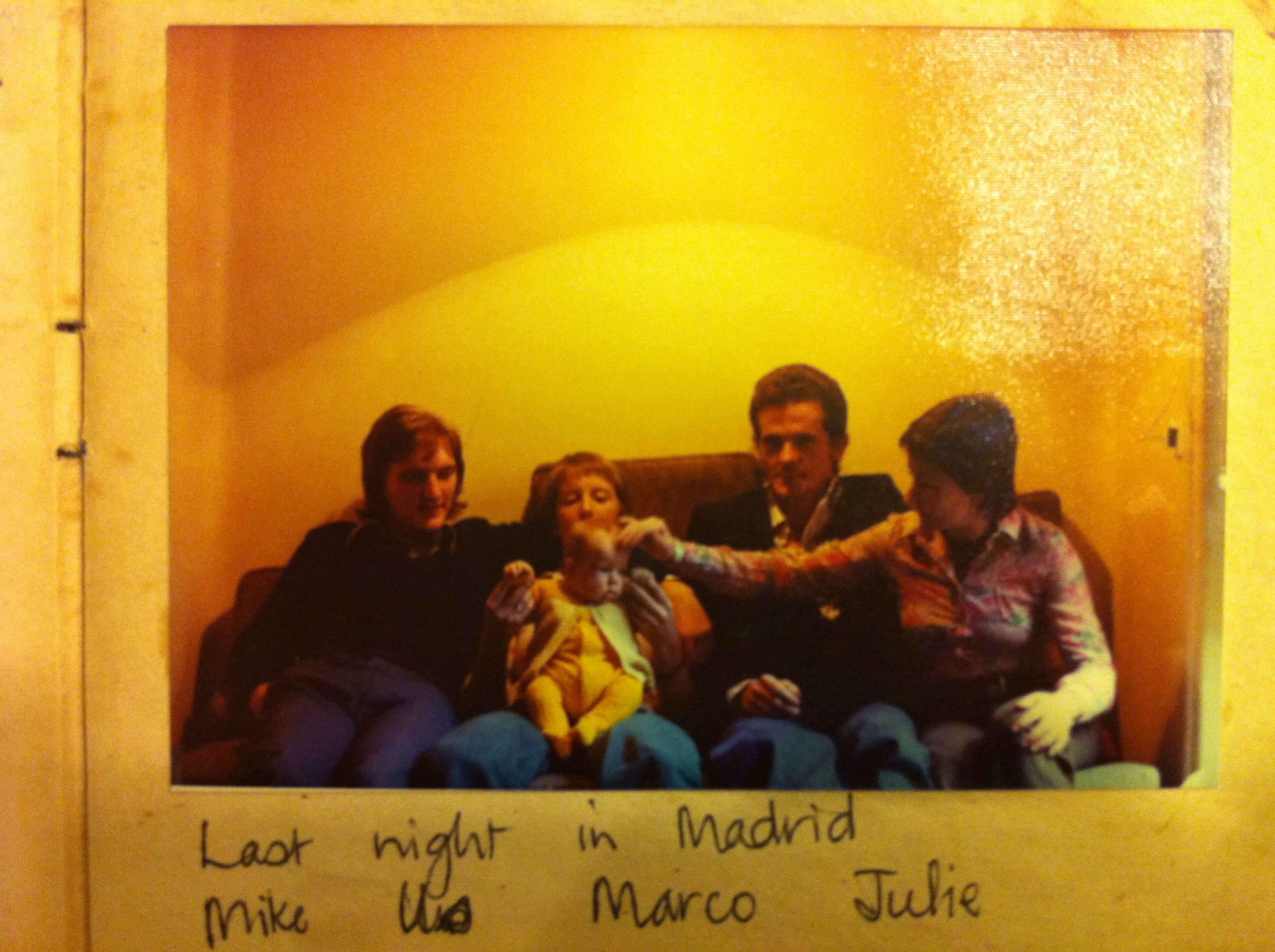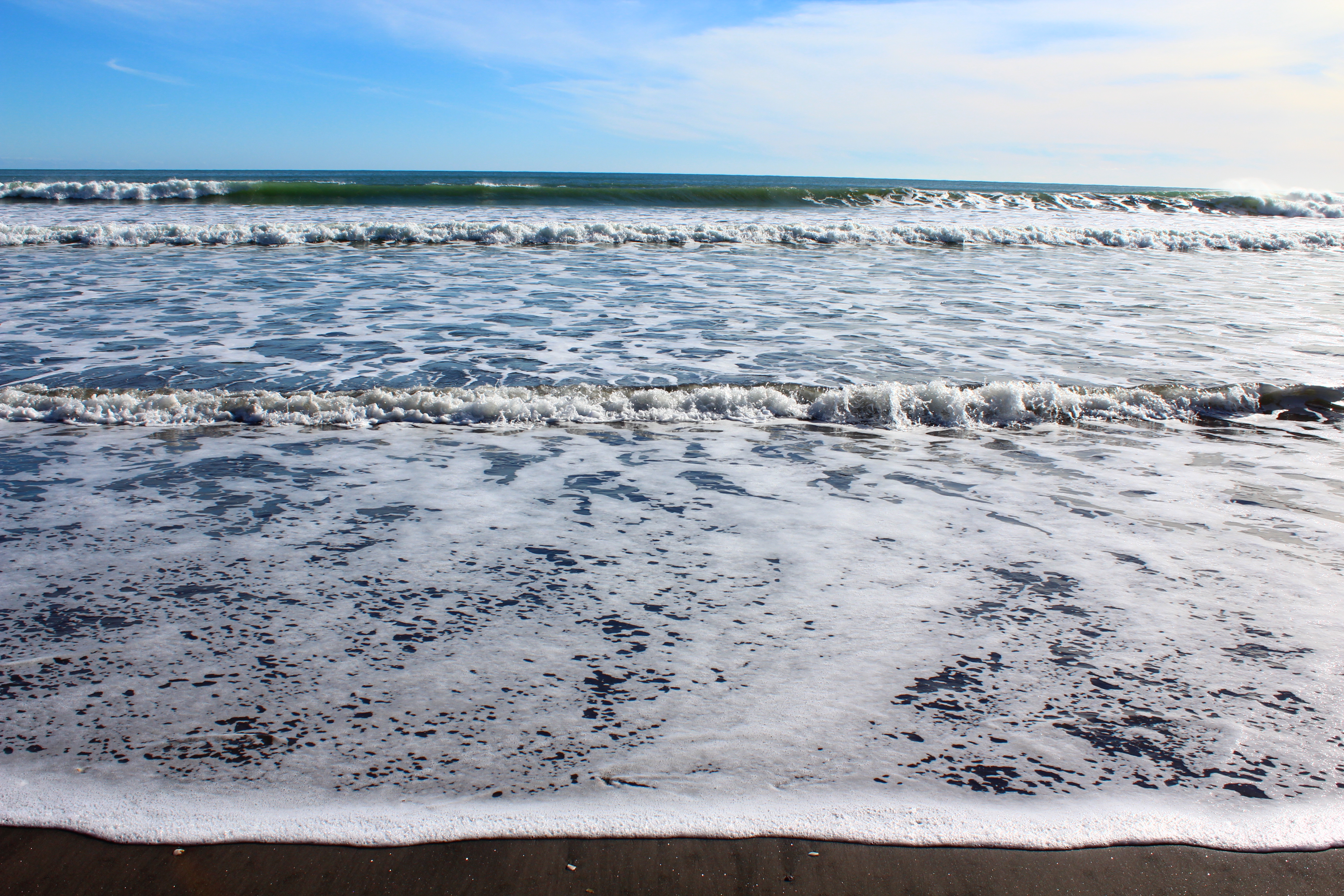
I’m sitting up in bed watching the light. The early morning light, the light through the tall windows of this villa front bedroom, through the gauze of the net curtains; dappled where it travelled the branches of the sour cherry outside the window, making an obtuse triangle on the wall opposite, the shadow of branches playing lightly across.
There is washing on, more washing. Washing folded and put away earlier while I waited for the kettle to boil. New sheets out ready to replace the ones I am sitting on here, and a full load of washing nearly dry on the line that I put out last night. The dregs of the dishes the girls washed the night before last sit dry as a bone in the dishrack, waiting to be put away. The vacuum cleaner sits patiently in a corner of the dining room, soon to be used. These are the ways I love my house.
There are no children to be fed today, none standing at the bench right now helping themselves to too much yoghurt, a third of a block of cheese, almost an entire cucumber. Their loud music is not on in the kitchen, they are not lying about in the lounge in their pyjamas watching youtube. Their bedroom floors are not strewn with yesterday’s clothes and last night’s books. They are simply not here. The only noise, save these fingers typing, is outside. Birds in the garden, every now and then a car down on the main road.
A bowl of fruit salad waits for me in the fridge, a breakfast gift. Made by the girls last night at Pat’s place. I might see them today. They still have only one of most things. Togs, sun hats, most-loved soft toys, currently-read books, favourite clothes. These things they drag with them from his place to mine, or mine to his, at the beginning of every week. Or go back for if something’s been forgotten. Oh how modern it is, how twenty-first century, to grow up living in two houses.
What have I done? I have irrevocably altered the fabric of their lives. I did this not by coming out, not by moving into my own bedroom and then dragging us over town to a bigger house with a bedroom for all of us. They hardly blinked at that. No, it was moving out that changed things the most. And it was the conversations that happened leading up to the move which caused the most consternation. That was when this shit got real.
You talk to a woman who’s been the key player in the break-up of her family and ask her about the reaction she received. You can be sure she will have stories of sideways glances at the school playground, a dwindling number of friends who call, and from those who do, a steady barrage of unsolicited advice. She will tell you how it feels to be the recipient of someone else’s anxiety, about loaded questions which say more about the questioner than her own actual situation. We might be in the twenty-first century but we still have an unwritten rule that mothers don’t rock the boat, that mothers suck it up. And above all, that a mother can be true to herself only as much as her truth doesn’t “damage” her children.
There was no room for me in that big house with a bedroom for everyone, as big as it was. Physical space does not automatically create psychological space. And the unfolding of something new cannot always happen in the midst of the familiar. That house was a Noah’s ark for us as the family-that-was, it held us together as we rocked back and forth through an entire year post my coming out. A year in separate bedrooms, a year to reel and fight and grieve, a year to give the girls the time to accept this unwanted change. A year for me to clear my head, to figure out exactly what everything meant.
That we stayed together for so long, in some semblance of what we were, is a credit to Pat. Bit by bit he found a way to get his head around the enormous disruption my coming out had caused. But I engineered that year together, I found the house and made it happen. And I did it partly for me, to give me time to listen to myself and to re-group. But really I did it because I wasn’t ready to break us. I wasn’t ready to break anything. I was trying to hold us all together. I had caused the fall, and I thought I could somehow run around and catch us too.
I moved out in November – on the anniversary of my coming out to Pat. I packed up my things, my books and bookcases, my journals and photo albums and boxes of ferreted-away mementos. I took what was needed to function as a household, to be a subset of what was. I had to buy a fridge and a bit more furniture, but not much. And the first weekend I moved into the new house – the villa next door – the girls came too. That was the start of their first week with me, and along with the dog they’ve done 50/50 between houses since then.
Are they ok? That’s a good question. But it’s a question to ask them, and not for a few years yet. My coming out and subsequent breaking of the family will leave an indelible mark. It will be a big chapter in the story of their lives. A chapter marked with bold caps and expletive emojis. A chapter peopled with anxiety and grief. I’m so sorry about that chapter. I’m so sorry it will be there because of me. And yet I’m most interested in the chapter that will come afterwards. I wait and watch with anticipation and pride as they write it every day. They are brave and they are bold and they are becoming themselves.
Meanwhile, I get to start again. How do I want to live? Who do I want to love? What is most important to me and how will I make that happen? These are the decisions I get to make here in my own house, in my own space, in my own new beginning. These are the decisions I make now as I write these words sitting on this bed, the light pouring in. I make them for myself and I make them for my girls. I show them how to live.








